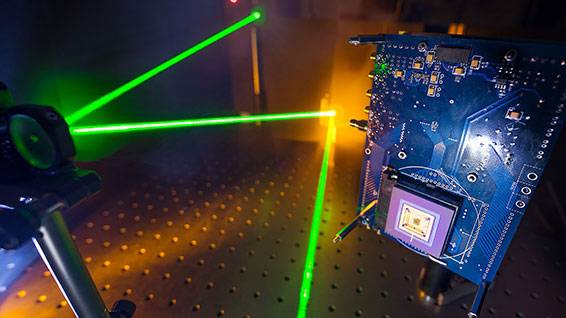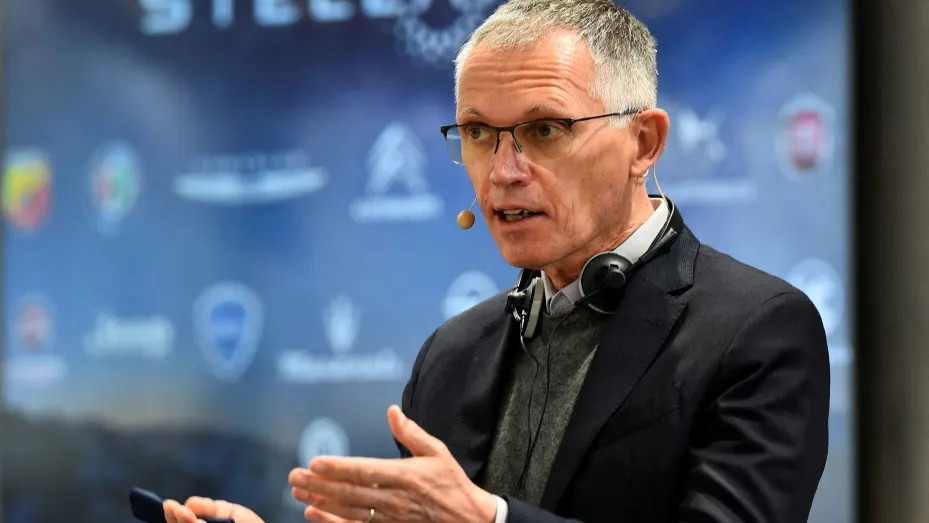 The world automobile leader Mercedes-Benz announced few days ago, that they are replacing Robots in their century old German factory at Sindelfingen. This German plant processes 1500 tons of steel per day while producing 400K vehicles from of their assembly lines per year which includes the illustrious S-Class Maybach sedan and GT sports car.
The world automobile leader Mercedes-Benz announced few days ago, that they are replacing Robots in their century old German factory at Sindelfingen. This German plant processes 1500 tons of steel per day while producing 400K vehicles from of their assembly lines per year which includes the illustrious S-Class Maybach sedan and GT sports car.
But, the interesting part is this; Mercedes-Benz is not replacing their legacy robots with some new ones shipped from Japan but with Humans. This news has caught the Automation world by storm. World over proponents of cheap technology and cost cutting have professed their liking for Robots and Machines while relegating the human labour to ranks, this development by a automobile major has piqued everyone’s leaning.
Why did this esteemed manufacturer of high-end Luxury segment take this presumptively retrograde step? Well, because the reason is plain vanilla.
Mercedes-Benz has realized that personalized and dexterous humans are better at many tasks than the mechanical robots. The customization experience, which is at the core of Mercedes-Benz policy, cannot be done by the Robots. The level of Individualization, singularity and uniqueness which the customers aspire can’t be achieved with the robotic one-size-fits-all approach. The time taken by Robots to reprogram and retool to adapt the new production runs is protracted than the humans.
Humans get easily distracted and fatigue sets in when the task is repetitive and no fresh stimulus is received. The robots will continue to be used for repetitive core tasks. The robots are also indispensable in the high risk jobs or when working with high temperature, paint fumes and hot metal handlings. The robots mitigate the risk of human hazard which has a huge implication in terms of the lost cost in production, absence of employee, loss due to stoppage in production line and labour unions issues. The overarching governmental regulations of safety increase the cost equation phenomenally. However, there are many great advantages for choosing the Man over the Machine.
The top five advantages cited are:
1. Individualsiation, singularity and uniqueness in the custom-made product.
2. Saving in money and time, as dexterous individuals are more adept at complex tasks.
3. Undertake accelerated innovation cycles by deploying collaborative robots dovetailed with Human involvement. The company is also calling this as ‘robot farming’.
4. Humans can better manage the complexities of customization and finish options in the high-end Mercedes models than the robots.
5. The entire Android Army isn’t being disbanded, rather used with targeted precision in activities which suit their core strength.
According to the International Federation of Robotics Joe Gemma “Robotic workers will in the future be found working hand-in-hand with human staff, helping to replace traditional, rigid production processes with flexible structures”. Approximately 13 Lakh industrial grade robots will be employed at various industries and factories world over.
[Source:- Techradar]






























